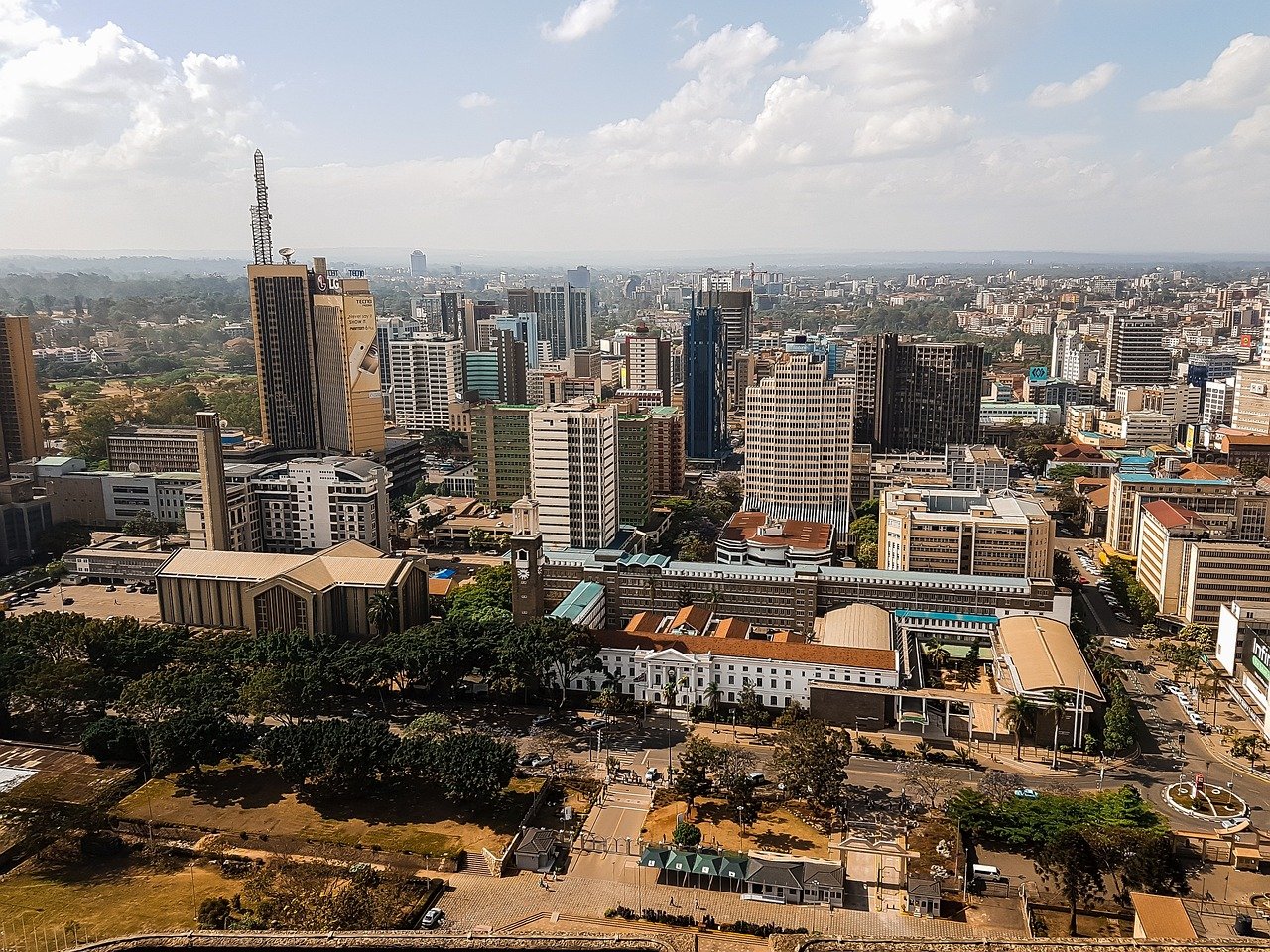What Is The Capital City Of Kenya?
Have you ever wondered what the capital city of Kenya is? Kenya, a vibrant country located in East Africa, boasts a fascinating history, breathtaking landscapes, and a truly diverse culture. As you embark on a journey to discover the heart and soul of this remarkable nation, knowing its capital city is key. So, without further ado, let’s unveil the answer to the question on everyone’s mind: Nairobi!
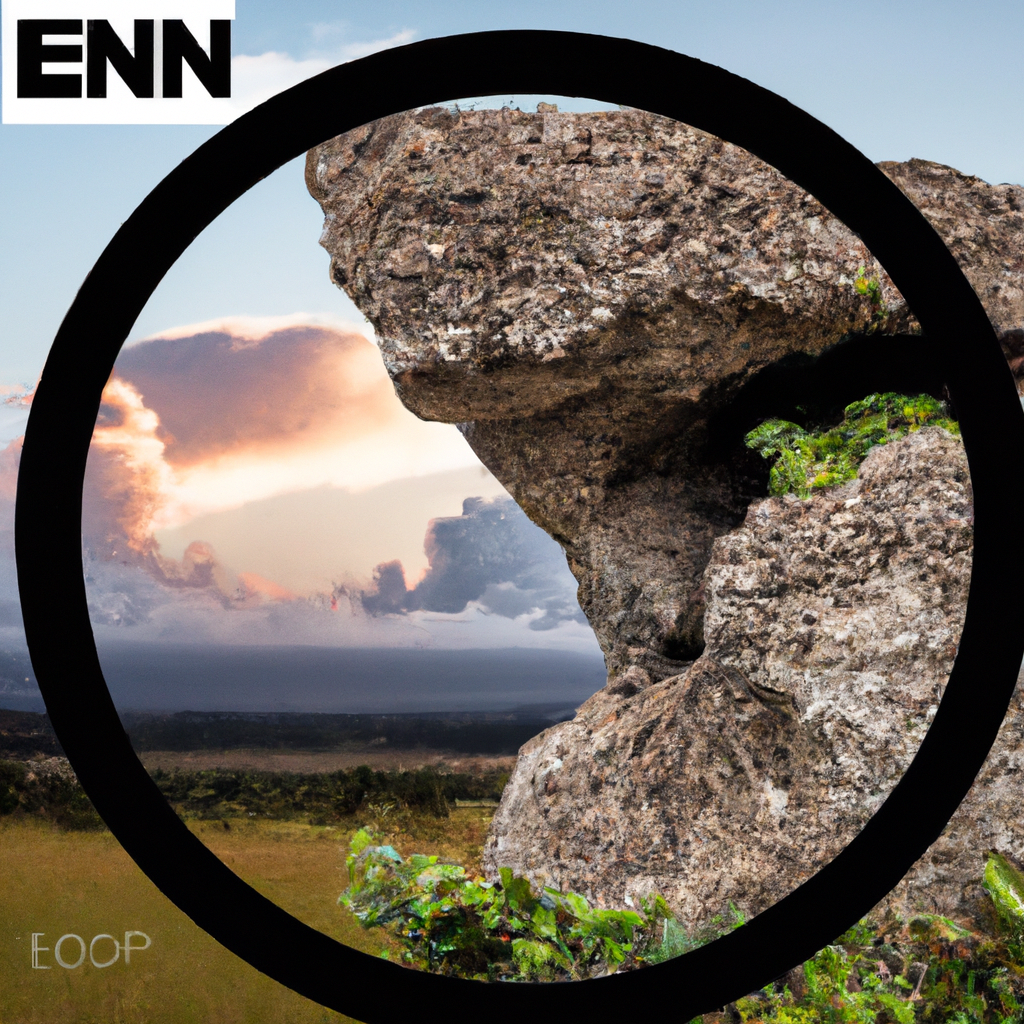
Overview
Introduction to Kenya
Kenya, a country located in East Africa, is known for its diverse landscapes, vibrant culture, and rich history. With a population of over 53 million people, Kenya is home to numerous ethnic groups and languages. The country’s capital city, Nairobi, serves as the economic, political, and cultural hub of Kenya. Nairobi, often referred to as the “Green City in the Sun,” offers a unique blend of modern development and natural beauty, making it a fascinating destination for both locals and tourists alike.
Importance of the Capital City
As the capital city of Kenya, Nairobi plays a pivotal role in the country’s development and progress. It serves as a central hub for various sectors, including finance, commerce, and transportation. Nairobi is home to the headquarters of major international organizations, such as the United Nations Environment Programme (UNEP) and the United Nations Office at Nairobi (UNON), further cementing its status as a global city. Additionally, Nairobi boasts a thriving cultural scene, with numerous art galleries, museums, and theaters showcasing the country’s rich heritage.
History
Pre-independence
Before gaining independence from British colonial rule in 1963, Kenya was a territory under the British East Africa Protectorate. Nairobi, which was initially established as a railway depot during the construction of the Uganda Railway, gradually transformed into an important administrative center. Under British rule, Nairobi witnessed significant urbanization and development, becoming a key trading hub and a melting pot of various cultures and communities.
Post-independence
Following independence, Nairobi became the capital city of an independent Kenya. The city experienced rapid growth and urban expansion, with new infrastructure and buildings being erected across the city. Nairobi served as a symbol of Kenya’s independence and became a center for political, economic, and social activities. Over the years, the city has continued to evolve, embracing modernization while preserving its historical heritage.
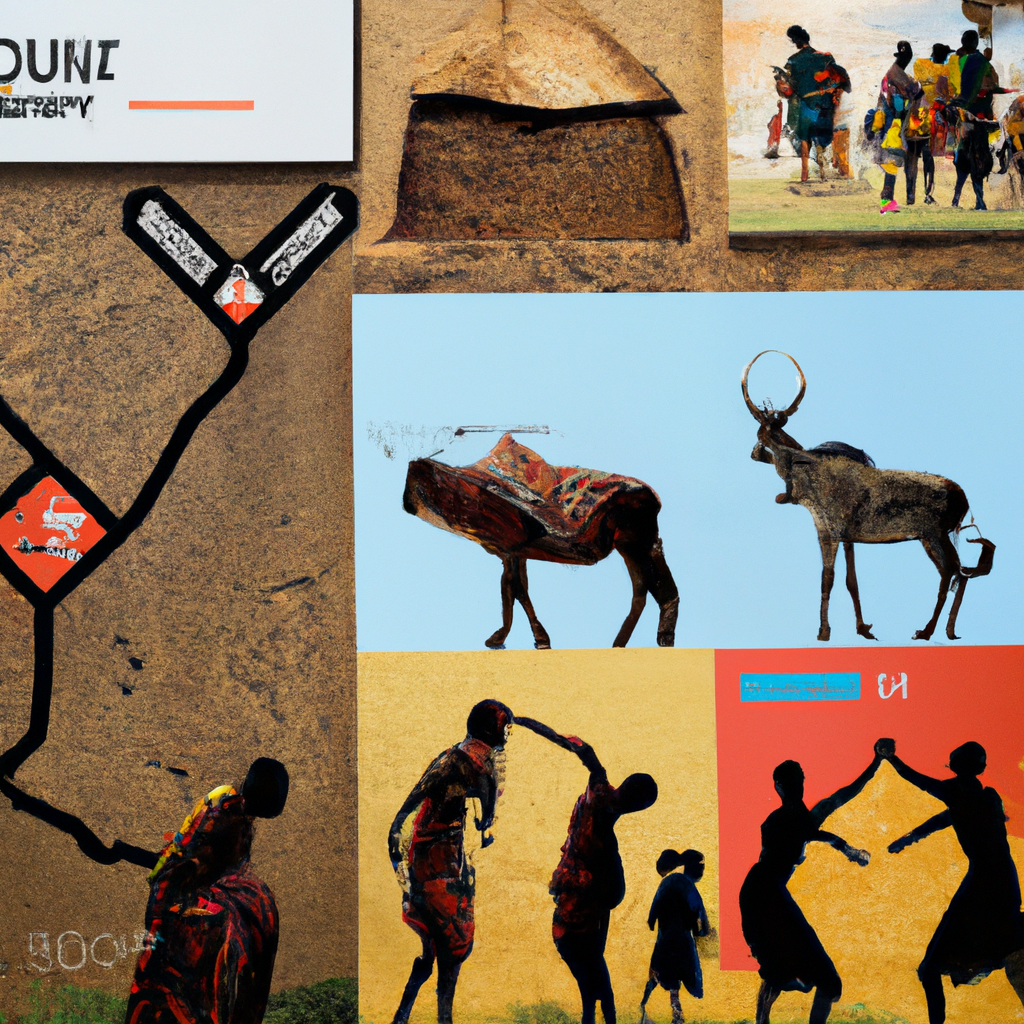
Geography
Location
Nairobi is situated in the southern part of Kenya, near the country’s geographic center. The city is surrounded by the Nairobi National Park, which offers a unique blend of wilderness and modernity. Its strategic location makes Nairobi a major transportation hub, serving as a gateway to both domestic and international destinations. The Jomo Kenyatta International Airport, located in Nairobi, is one of the busiest airports in East Africa, connecting Kenya to various parts of the world.
Physical Features
Nairobi’s geography is characterized by rolling plains and hills, offering breathtaking views of the surrounding landscape. The city lies at an elevation of approximately 1,795 meters (5,889 feet) above sea level, providing a pleasant climate throughout the year. Nairobi River, composed of several tributaries, flows through the city, adding to its natural beauty. The city’s proximity to the Great Rift Valley further enhances its appeal, offering opportunities for hiking, wildlife safaris, and exploration of Kenya’s natural wonders.
Demographics
Population
Nairobi has a diverse population, with people from various ethnicities, backgrounds, and cultures residing within its borders. As of recent estimates, the city’s population exceeds 4.4 million people. The rapid urbanization and economic opportunities in Nairobi have attracted individuals from different parts of the country and the world, contributing to its multicultural character.
Ethnic Diversity
Nairobi reflects the ethnic diversity of Kenya as a whole. The city is home to numerous ethnic groups, including the Kikuyu, Luo, Luhya, Kalenjin, and Kamba, among others. Each ethnic group brings its unique traditions, languages, and customs, adding to the vibrant tapestry of Nairobi’s cultural landscape. The city serves as a melting pot of diverse cultures, promoting unity and tolerance among its residents.
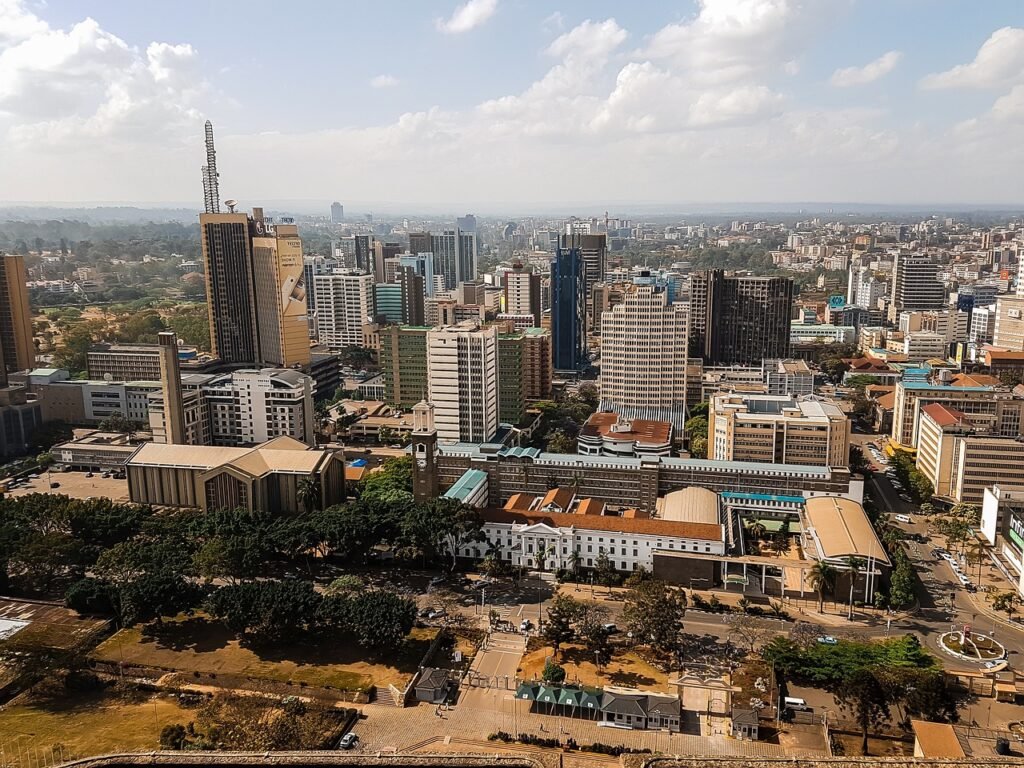
Economy
Major Industries
Nairobi serves as the economic heartbeat of Kenya, driving the country’s economic growth. The city’s major industries include finance, telecommunications, manufacturing, tourism, and services. Nairobi is home to the Nairobi Securities Exchange, which is East Africa’s largest stock exchange, playing a vital role in the region’s financial sector. The city also houses various multinational corporations, making it an attractive destination for foreign direct investment.
Economic Contributions
Nairobi’s contribution to Kenya’s economy cannot be overstated. It serves as a major employment hub, attracting individuals from across the country in search of job opportunities. The city’s robust economy fuels national development, generating revenue, and fostering innovation. Nairobi’s vibrant business environment and entrepreneurial spirit have propelled Kenya onto the global stage, positioning the country as a key player in Africa’s economic landscape.
Infrastructure
Transportation
Nairobi boasts a well-developed transportation network, encompassing road, rail, and air travel. The city is connected to other parts of Kenya through an extensive road network, facilitating the movement of goods and people. Matatus, minibus taxis, form the backbone of Nairobi’s public transportation system, offering affordable mobility options. Additionally, the Nairobi Commuter Rail service provides a convenient mode of transportation for commuters traveling into and out of the city.
Utilities
Nairobi’s infrastructure includes modern utilities such as electricity, water, and telecommunications. The city enjoys a reliable supply of electricity, ensuring uninterrupted power for homes, businesses, and industries. Access to clean water is also a priority, with ongoing efforts to improve water supply and sanitation services. Telecommunications infrastructure, including mobile networks and internet connectivity, is well-established, enabling seamless communication and facilitating the growth of the digital economy.
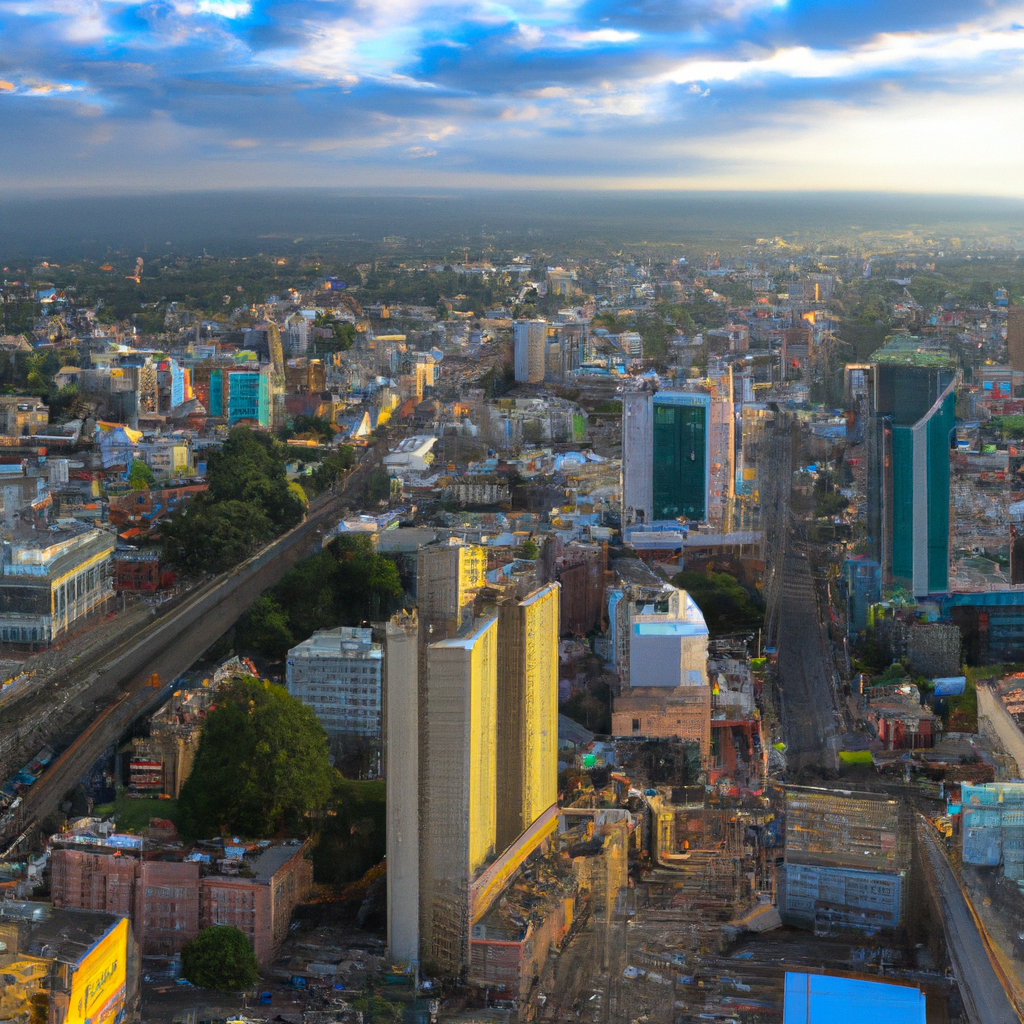
Culture
Traditional Practices
Nairobi presents a unique blend of traditional practices and modern influences. The city celebrates cultural diversity through various festivals, showcasing traditional dances, music, and art forms. Traditional practices such as storytelling, beadwork, and handicrafts are preserved and celebrated, highlighting Kenya’s rich cultural heritage. Nairobi’s cultural institutions, such as the Bomas of Kenya and the National Museum, provide a platform for promoting and preserving traditional practices.
Art and Music
Nairobi’s vibrant cultural scene encompasses art, music, and literature. The city is home to numerous art galleries, showcasing the works of local and international artists. Street art is also a prominent feature, with colorful murals adorning buildings across the city, contributing to its unique aesthetic. Nairobi’s music scene is diverse, with genres ranging from traditional African music to contemporary styles like Afro-pop and hip-hop. The city’s live music venues and festivals provide platforms for both established and up-and-coming artists to showcase their talent.
Landmarks and Attractions
National Parks
Nairobi National Park, located just outside the city center, is a unique attraction that sets Nairobi apart from other capital cities in the world. It is the only national park situated within a city’s boundaries, offering visitors the opportunity to see wildlife against the backdrop of a modern skyline. The park is home to a wide variety of animals, including lions, giraffes, zebras, and rhinos, making it a popular destination for wildlife enthusiasts and tourists.
Museums and Historical Sites
Nairobi boasts several museums and historical sites that provide insights into the country’s history and culture. The National Museum of Kenya showcases exhibits on archaeology, paleontology, ethnography, and art, giving visitors a comprehensive understanding of Kenya’s past. Other notable sites include the Karen Blixen Museum, which pays homage to the author of “Out of Africa,” and the Nairobi Railway Museum, offering a glimpse into the city’s colonial past. These attractions offer visitors the opportunity to delve into Kenya’s rich history and gain a deeper appreciation of its cultural heritage.
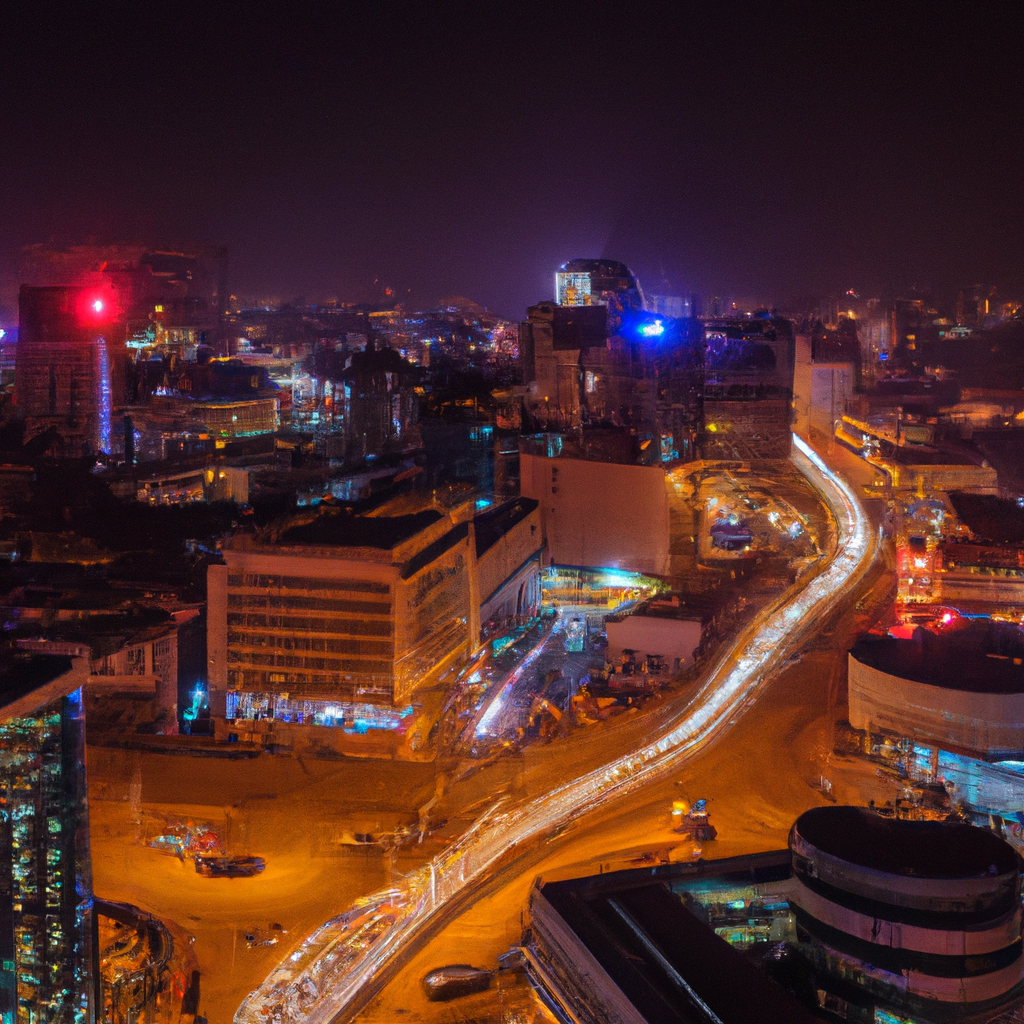
Government
Administrative Structure
As the capital city, Nairobi serves as the administrative center of Kenya. It is divided into several administrative units, including sub-counties, constituencies, and wards. Each unit has its specific responsibilities and functions, contributing to the efficient governance and service provision within the city. The Nairobi City County government, led by an elected governor, oversees the day-to-day operations and development initiatives within the city.
Political Significance
Nairobi holds significant political significance in Kenya. It is a battleground for political parties during electoral campaigns, with candidates seeking to win support from the city’s diverse population. Nairobi’s residents actively engage in political discourse and participate in decision-making processes, shaping the political landscape of the country. The city’s political importance extends beyond national politics, with Nairobi hosting diplomatic missions and international conferences, further cementing its role on the global stage.
Conclusion
Summary of the Capital City
Nairobi, the capital city of Kenya, embodies the country’s rich history, vibrant culture, and economic potential. Its central location, diverse population, and thriving industries contribute to its significance within Kenya and the wider East African region. From its pre-independence origins as a railway depot to its post-independence growth as a global city, Nairobi has continuously evolved while embracing its traditional values and customs. With its stunning geography, cultural landmarks, and dynamic economy, Nairobi is a city that celebrates its past while embracing the future. Whether it’s exploring national parks, immersing oneself in traditional practices, or experiencing the pulsating energy of urban life, Nairobi offers a captivating experience that leaves a lasting impression on all who visit.

